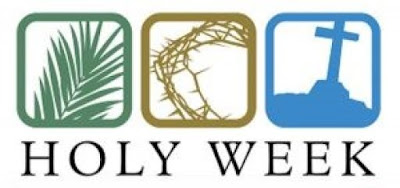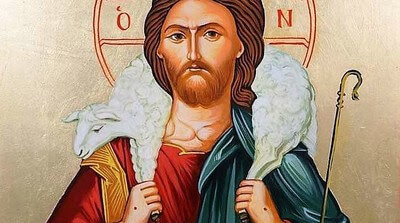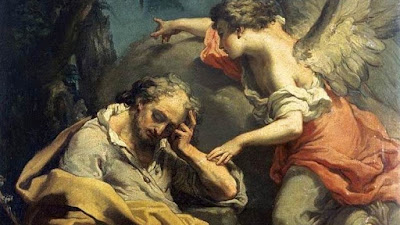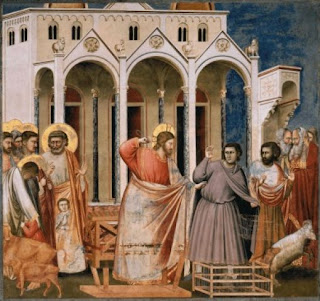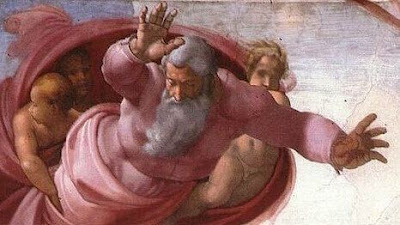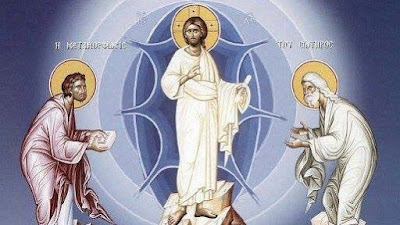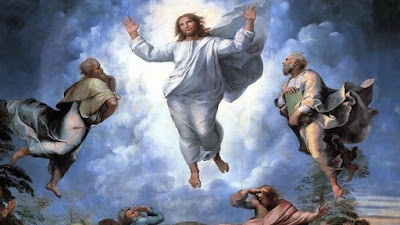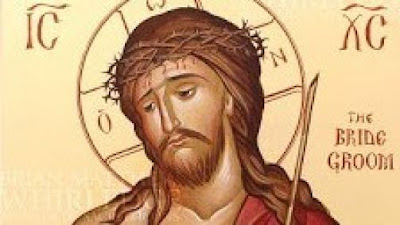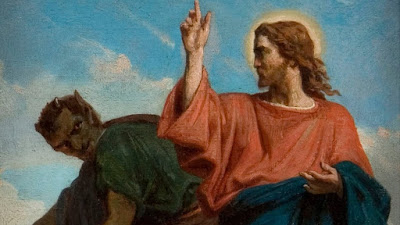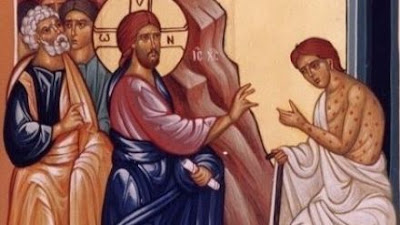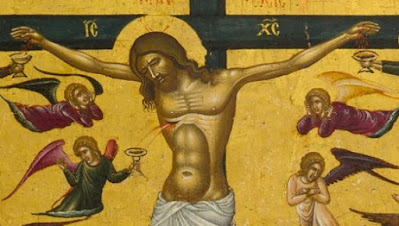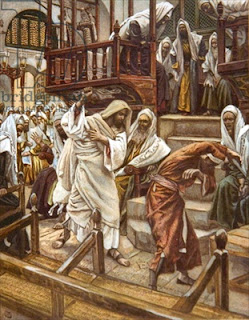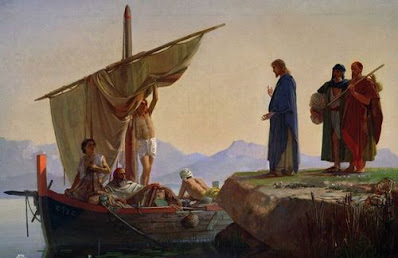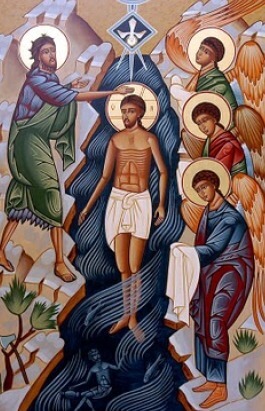Palm Sunday | 2021 | Zion, "Behold Your King"

March 28, 2021 Therefore, with all faith and devotion, let us commemorate the Lord’s entry into the city of our salvation, following in His footsteps, so that, being made by His grace partakers of the Cross, we may share in His Resurrection and in His life. Jesus' Entry into Jerusalem When Jesus and the disciples drew near Jerusalem and came to Bethphage on the Mount of Olives, Jesus sent two disciples, saying to them, "Go into the village opposite you, and immediately you will find an ass tethered, and a colt with her. Untie them and bring them here to me. And if anyone should say anything to you, reply, 'The master has need of them.' Then he will send them at once." This happened so that what had been spoken through the prophet might be fulfilled: Say to daughter Zion, "Behold, your king comes to you, meek and riding on an ass, and on a colt, the foal of a beast of burden." The disciples went and did as Jesus had ordered them. They
